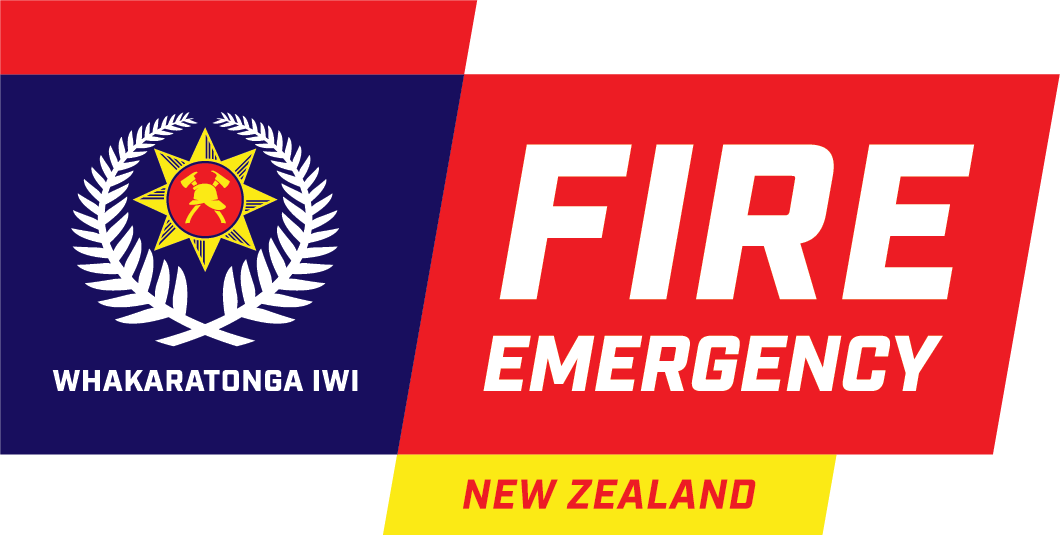Training for working safely around water essential in flood season
Five weeks after Northland’s devastating floods, the cost of the clean-up is being estimated in the tens of millions, and roads, classrooms and offices remain closed.
The storm saw more than 200mm of rain fall in Northland on Friday 17 July and Saturday 18 July, just days after earlier flooding impacted the region.
The floods kept our firefighters in the region very busy with Assistant Area Commander Graeme Quensell saying Friday evening through to Saturday morning was the ‘one of the busiest he had experienced in his 43 years’ fire service experience’.
“From 6pm Friday to 5.30am on Saturday, we registered 220 calls for help, with most of those calls being logged before midnight. At one point, there was a backlog of about 80 calls.
"It was quite hectic there for a while.”
Graeme says most of the incidents attended to by Fire and Emergency involved houses being flooded or slipping, and people being stuck in their cars due to flooding on the road. Several people needed evacuating on Whangārei’s Vale Rd due to flooding.
“All our people who braved the conditions did an exceptional job.”
The floods serve to highlight the importance of our people being trained to work safely around water and Graeme encourages our people who have not done our online training to do it as soon as they can.
“We regularly remind members of the public to take necessary precautions against fires and for flooding events. So, I am reminding you that it’s even more important that we are ready and able to work in those conditions too; you can do this by completing the Working Safely Around Water training module. You will learn how to keep yourself and other crew members safe when you are working around water.”
Ian Duncan, Manager Special Risks, Safety and USAR, says the training will take about 90 minutes of your time and will help prepare you for any call out to a weather-related incident. You will learn the right uniform/kit to pick up and wear, how to use a personal flotation device and ropes when needed.
“Knowing that the jacket and trousers used for a structure fire is more likely to weigh you down and will put you at risk of injury when working in bad weather conditions will help you to pick up the right gear for an incident.
“Rural and volunteer brigades can work as groups to do the online module using USBs. The Working Safely Around Water project team will help you to record the completed training in OSM/SMS.”
For more information about the course and help to record the training when you have completed it, email: Workingsafelyaroundwater@fireandemergency.nz

